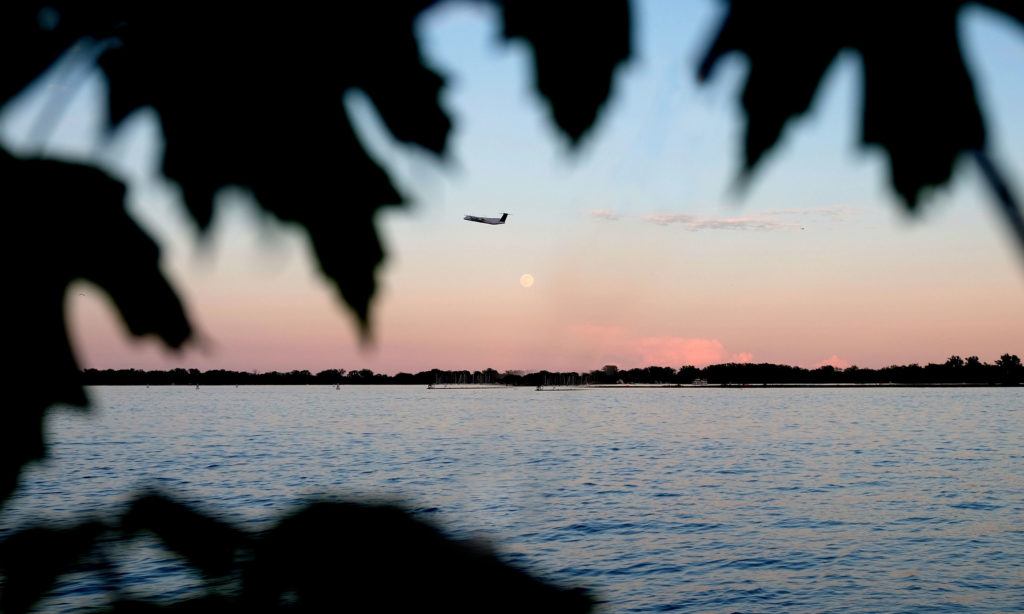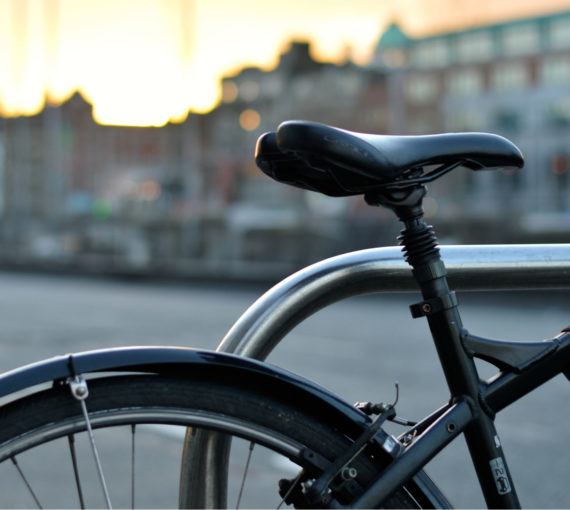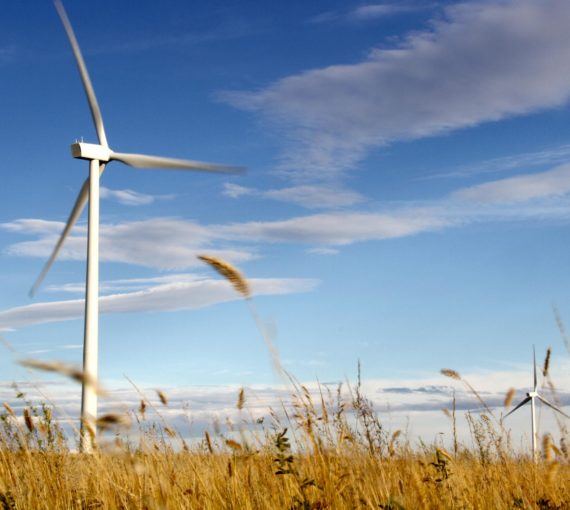It’s settled: I won’t be flying anymore, except in cases of family emergency.
I should say immediately that I don’t consider this a sacrifice. I’m fine getting around by foot, bicycle, streetcar or bus. Some folks long to visit distant countries. I’m not among them. There are many intriguing, wondrous places I’ll never see. I accept that happily.
I’m 56 years old and have taken gratifying trips across the planet. I flew with relish to South Africa, Europe, Israel and Saskatchewan. Flight has been good to me. It’s saved me staggering amounts of time and, in some cases, permitted journeys I otherwise couldn’t have made. But I’m finished with it.
Flying is a massive problem because its carbon output is immense. In his book Heat, British journalist George Monbiot compares emissions from planes with those from trains. On a short trip such as London to Manchester, the plane emits about 10 times more carbon dioxide per passenger.
In March, Prof. Michael Mann, one of the most respected climate scientists, wrote, “If the world acts now to quickly get off the business-as-usual treadmill and significantly lower carbon emissions, we can avoid a catastrophic two degrees Celsius (3.6 degrees F) warming of the planet.” This got me thinking about the notion of “business-as-usual” and actions that are usual and those that are not.
Experts such as Mann are asking us to take unusual action, and perhaps this is a central requirement of our age: to break with the ordinary and live in novel, low-carbon ways. It’s in this context that I’m giving the boot to one of my old habits.
Though I write about climate disruption frequently, it often seems an abstraction. I need to change that. I’m hoping the very act of abandoning flight will impress on me the situation’s urgency.
I don’t oppose all flying. Some is essential. I would include nurses’ and surgeons’ travel to war-torn countries for relief organizations, such as Doctors Without Borders; flying to deliver food and medicine to remote, roadless communities in Canada; and the use of planes for search and rescue or to fight forest fires. It would be ideal if these activities could be accomplished without carbon-spewing aircraft but if this were the only transportation available, no reasonable person would object.
The science says we have to reduce emissions dramatically. If we want to preserve air travel for relief purposes, we need to cut it elsewhere. We can take to the skies for essential or non-essential reasons, not both. I vote for the former — and that means folks like me need to stay grounded.
I’m taking this step mostly for myself. I want to engage the crisis more deeply, want it to touch my inner life. Though I write about climate disruption frequently, it often seems an abstraction. I need to change that. I’m hoping the very act of abandoning flight will impress on me the situation’s urgency. When I think climate, I want to see my own kids’ gentle faces.
It’s largely for me, but I also hope my decision will engage others in the conversation and lead them to question their own flying, make it something they notice and wonder about. Perhaps they’ll ask themselves whether they, too, could give up flying and yet continue to have (as in my own case) a life that’s rich and flourishing.
This op-ed was originally published in the Star.
Our work
Always grounded in sound evidence, the David Suzuki Foundation empowers people to take action in their communities on the environmental challenges we collectively face.




